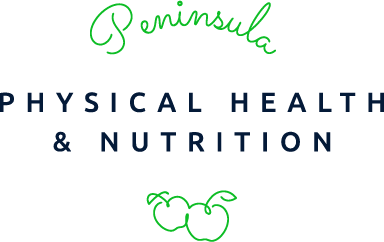Nutrition for PCOS
Polycystic Ovarian Syndrome (PCOS) is a hormonal condition that effects up to 20% of women.
An increasing number of women are developing PCOS due to weight gain during teen and adult years, increasing insulin levels which can cause cysts on the ovaries.
Why nutrition is important?
Women with PCOS often are insulin-resistant – meaning that the body can’t use insulin properly to help transfer sugars in the blood to the cells to be used for energy. Having high amounts of insulin leads to fat storage/weight gain. And long term, it is a risk factor for Type 2 Diabetes.
Eating high amounts of carbohydrates and carrying excess weight can increase your insulin levels and increase your body fat. Dietary management of PCOS requires a lower carbohydrate, low GI diet to prevent spikes in insulin levels and support weight loss.
Losing as little as 5% body weight can have huge health benefits. For example, if you weigh 90kg, losing 4.5kg is enough to decrease total body fat, visceral fat (the dangerous fat around your organs) and liver fat. Plus it can lower blood pressure, improve insulin sensitivity and all together this lowers the risk of developing type 2 diabetes.
Nutritional tips for managing PCOS
- Know what foods contain carbohydrate (breads, cereals grains, fruit, potato/sweet potato, dairy (except cheese), foods with added sugar)
- Remove processed carbohydrates – white bread, biscuits, cakes, sweets
- Portion control – small regular meals rather than big meals
- All fluids should be calorie free
- Meals should be built around a palm size piece of protein and non-starchy vegetables
- Follow a low carbohydrate diet (studies show limiting carbohydrates to 50g per day reduces fasting glucose, reduces body fat, and reduces risk of diabetes)
Day on a plate
| Breakfast | 1 slice of wholegrain toast with 2 eggs, gilled tomato and spinach
|
| Lunch | tuna ricotta and avocado salad – 60g reduced fat ricotta, 100g tin of tuna, 1 cup salad vegetables, 1/2 avocado |
| Dinner | chicken and almond stir fry – 150g raw chicken breast, 2 cups mixed vegetables, basil, ginger, chilli, garlic, 2 tsp canola oil, 1/4 cup chopped almonds |
| Snacks | 25g mixed nuts, 100g low fat yoghurt, coffee with 100ml skim milk |
Dietitians are able to personalise your plans as no diet is ‘one size fits all’. Feel free to book in with one of the Accredited Practising Dietitians at Peninsula Physical Health and Nutrition (PPN).





